British entrepreneurs are a wild bunch. They don’t just follow business trends—they set them. From revolutionizing the skies with Virgin Atlantic to making vacuum cleaners oddly exciting (looking at you, Dyson), these folks know how to shake things up. And you know what? Plerdy helps businesses do the same. With smart analytics, heatmaps, and SEO tools, it gives you the insights to make game-changing moves—minus the billion-dollar risk.
Some of the most audacious business brains the UK has generated are here. Some created whole enterprises from nothing, while others turned failing concepts into riches. Their one shared trait, though, is that they did not wait for the “perfect moment.” They jumped in, made mistakes, and corrected them along the road. Sounds like something I know. Real success occurs like this.
These British entrepreneurs show one thing: bold ideas and a little tenacity can take you a long way, whether your ambition is of the next great e-commerce brand or just want to increase the conversions on your website—which Plerdy can absolutely assist with.
What Makes a Great Entrepreneur?

Key Traits of Successful Entrepreneurs
Ever wondered why some people turn an idea into a multi-billion-dollar empire while others struggle to make a dent? It’s not luck. It’s a mix of guts, strategy, and just the right amount of stubbornness.
First, vision. The best entrepreneurs see opportunities before anyone else. Jeff Bezos saw e-commerce potential when people were still browsing catalogs. In the UK, James Dyson spent years perfecting vacuum technology that nobody believed in. And now? His company’s worth over £8 billion.
Then comes risk-taking. No entrepreneur ever played it safe and won big. Richard Branson launched Virgin Atlantic in 1984 when everyone thought challenging British Airways was madness. He ignored the doubters—and now Virgin flies millions of passengers globally.
Creativity is another must. It’s not just about inventing something new; it’s about solving problems in ways no one expects. Take Simon Cowell—he didn’t invent music competitions, but he turned them into global sensations, creating stars and stacking millions in the process.
And let’s not forget leadership. Entrepreneurs don’t just build products; they build teams. Whether it’s Denise Coates scaling Bet365 into a £35 billion betting empire or Alan Sugar turning Amstrad into a tech powerhouse, leadership makes the difference between an idea and a revolution.
How British Entrepreneurs Differ from Others
British entrepreneurs have a certain… edge. Maybe it’s the history of innovation, or maybe it’s the tea. But they navigate business differently than their American or European counterparts.
For one, UK entrepreneurs thrive in unpredictability. With constant regulatory shifts (hello, Brexit) and a competitive market, they learn to adapt fast. The Reuben brothers, who built a $14.4 billion property empire, didn’t just invest in real estate—they pivoted across industries, staying ahead of market changes.
The British economy also breeds a different kind of entrepreneur—one who balances tradition with innovation. J.K. Rowling turned a book about a boy wizard into a $1 billion franchise, showing that storytelling (a very British strength) can fuel a global business.
And let’s talk about funding. Unlike in the U.S., where venture capital flows freely, UK entrepreneurs often bootstrap their way up. Martha Lane Fox had to fight for investment when launching Lastminute.com in the early days of online travel. That resilience? It’s why she’s now a leading voice in digital transformation.
So, what makes a British entrepreneur different? They don’t wait for the perfect conditions. They hustle, adapt, and turn obstacles into stepping stones. And if that means disrupting entire industries along the way, so be it.
Top 10 British Entrepreneurs Who Shaped Industries
Richard Branson – The British Entrepreneur Who Redefined Business
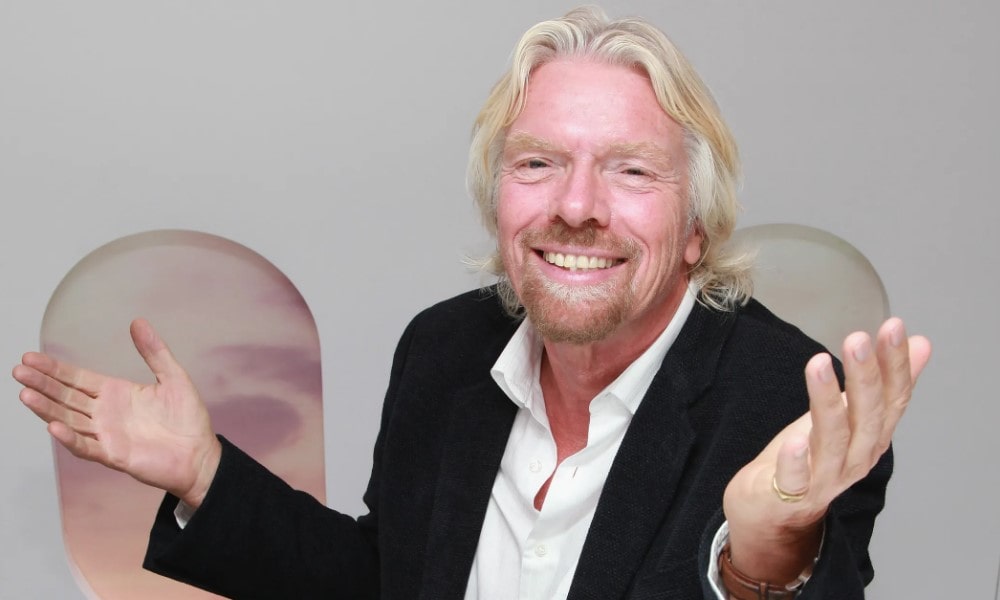
If there’s one British entrepreneur who turned risk into an art, it’s Richard Branson. His business journey didn’t start with investors or fancy degrees—it started with a magazine. A 20-year-old kid with no business experience launched Student magazine in 1970, just trying to make something exciting. But Branson wasn’t just a writer; he had the instincts of a true UK entrepreneur.
Soon, he realized there was more money in selling records than in printing articles. That’s how Virgin Records was born. His biggest early move? Signing the Sex Pistols when no one else would. And that was just the beginning. Branson didn’t just run a business—he built an empire.
By the 1980s, he set his sights on a much bigger challenge: aviation. He had no airline experience, but when did that ever stop a British entrepreneur? In 1984, he launched Virgin Atlantic, taking on British Airways, which tried everything to bury him. Today, Virgin isn’t just about flights. It’s mobile networks, space travel, hotels, media—you name it.
Branson’s business mindset is simple: take risks, challenge the industry, and build brands that feel personal. His companies aren’t just businesses; they’re experiences. That’s why Virgin remains one of the most recognizable UK business empires today.
James Dyson – The British Entrepreneur Who Engineered an Industry Revolution
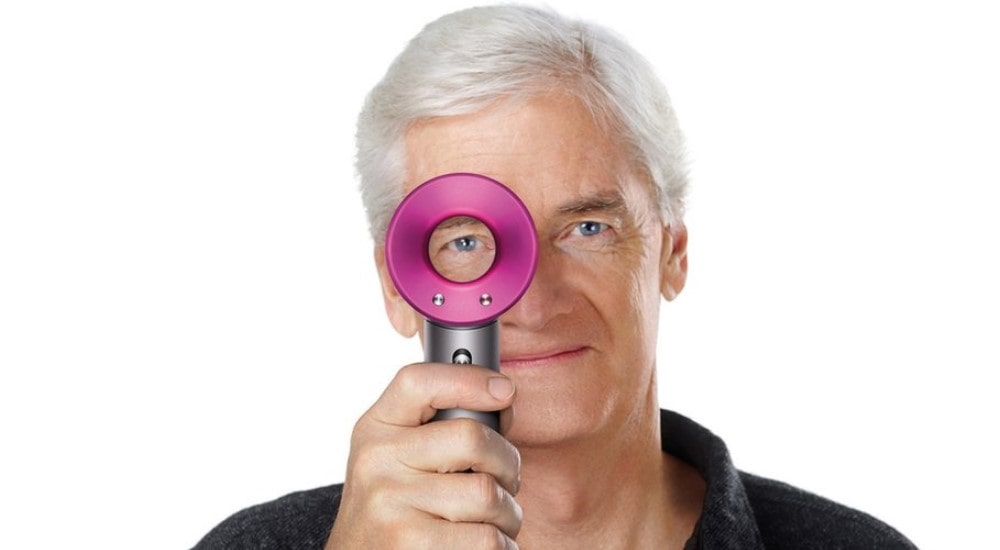
Some British entrepreneurs sell ideas. James Dyson? He engineers them—literally. But building a business in the UK isn’t easy, and Dyson learned that the hard way.
In the 1980s, he wasn’t happy with how vacuum cleaners worked. They lost suction too fast, and no company seemed to care. So, he spent five years making 5,127 prototypes to invent a bagless vacuum. And guess what? Every UK manufacturer rejected him. No one believed in his product.
Did that stop him? No chance. Dyson took his business to Japan, where his vacuum became a massive success. With that funding, he launched Dyson Ltd in 1993, bringing his engineering innovation back to the UK.
His vacuum wasn’t just a product; it was a disruption. Dyson didn’t stop there. He revolutionized hand dryers (Airblade), created bladeless fans, and now invests millions into AI-driven home appliances. The business keeps growing, with Dyson’s net worth hitting over £8 billion.
British entrepreneurs don’t quit. Dyson proved that innovation, persistence, and a little bit of stubbornness can turn an idea into a multi-billion-pound business.
Simon Cowell – The British Entrepreneur Who Reinvented the Music Business
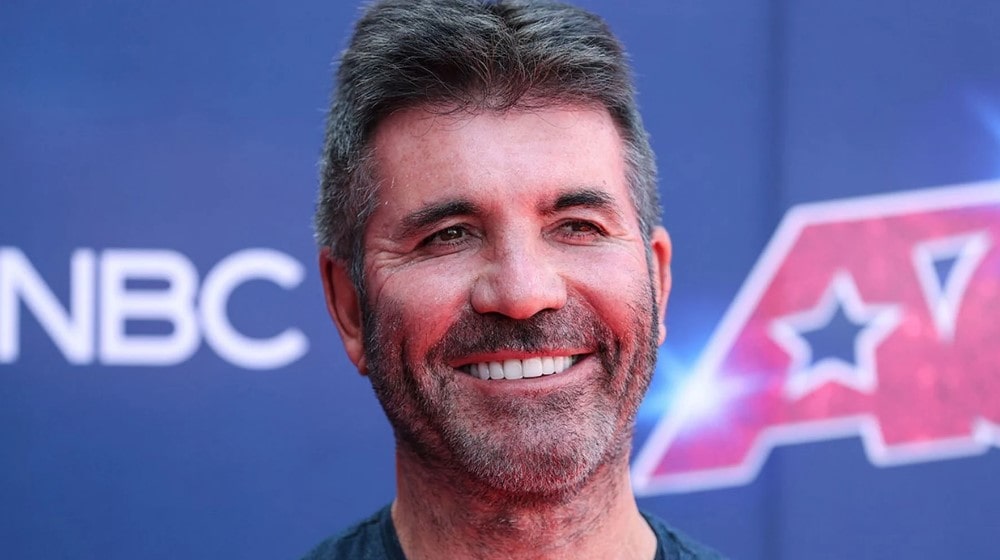
Simon Cowell is not just a TV personality—he’s a British entrepreneur who turned reality television into a multi-billion-dollar business empire. Unlike traditional UK business moguls, he didn’t invent a physical product or disrupt an industry with technology. Instead, he created a system that transformed the music business globally.
His career started at EMI, where he worked in the background of the UK music industry. He wasn’t an overnight success. In fact, he struggled for years before realizing that the real money wasn’t just in signing artists—it was in discovering them in front of an audience. That’s how Pop Idol was born. Later, The X Factor and Britain’s Got Talent took over screens worldwide.
These reality shows didn’t just entertain—they launched entire music careers. One Direction, Leona Lewis, and Susan Boyle all owe their success to Cowell’s business vision. The Got Talent franchise now airs in over 70 countries, and Syco Entertainment, his company, has generated hundreds of millions in revenue.
Cowell redefined how music is marketed and sold. Instead of waiting for artists to break into the business, he made the audience part of the process. That’s a business model that keeps producing stars—and profits.
Victoria Beckham – The Entrepreneur Who Built a Fashion Business Empire

From pop sensation to serious British businesswoman, Victoria Beckham proved that reinvention is the key to success. Many doubted that a former Spice Girl could build a respected UK fashion business. Now? She runs a globally recognized luxury brand.
Her transition wasn’t about slapping her name on a perfume bottle and calling it a business. She studied the industry, surrounded herself with top designers, and built a brand with real credibility. When she launched her first collection in 2008, critics were skeptical. But her minimalist, high-end aesthetic caught attention, and soon, she was competing with some of the biggest names in luxury fashion.
Her business strategy was smart. Instead of relying only on her celebrity status, she positioned her brand as sophisticated and exclusive. This wasn’t another fast-fashion attempt—it was a carefully built empire.
Today, the Victoria Beckham brand generates over £40 million annually. From designer collections to collaborations with global companies, she has shown that a celebrity can become a serious British entrepreneur with the right business mindset.
Alan Sugar – From Humble Beginnings to Business Tycoon
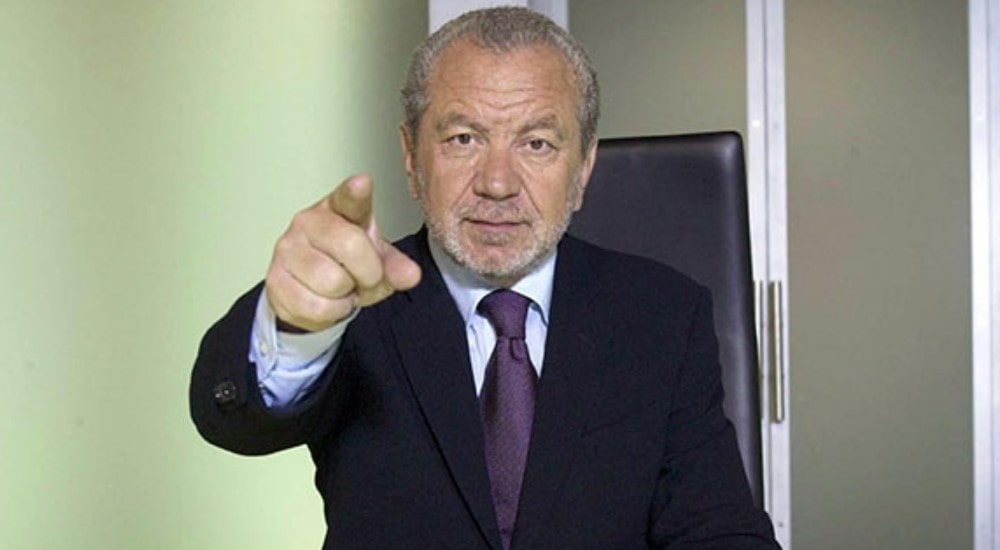
Alan Sugar is the definition of a British entrepreneur who built his fortune from scratch. Born in a working-class family in East London, he started selling car radio aerials from the back of a van. It wasn’t glamorous, but it was the first step in what would become a billion-pound business journey.
In 1968, he founded Amstrad, a company that initially sold cheap electronics and later revolutionized the UK computer market. By the 1980s, Amstrad was producing affordable personal computers, undercutting competitors and making technology accessible to a wider audience. At its peak, the business was worth over £1.2 billion, proving that a no-nonsense approach to pricing and innovation could change an industry.
Beyond business, Sugar became a mentor to aspiring UK entrepreneurs through The Apprentice, the British reality show where he invests in new business ideas. His direct, often brutal advice has shaped many young business minds. Whether through tech, TV, or investments, Alan Sugar continues to be a dominant figure in the UK business landscape.
Denise Coates – Betting on Online Gambling and Winning Big
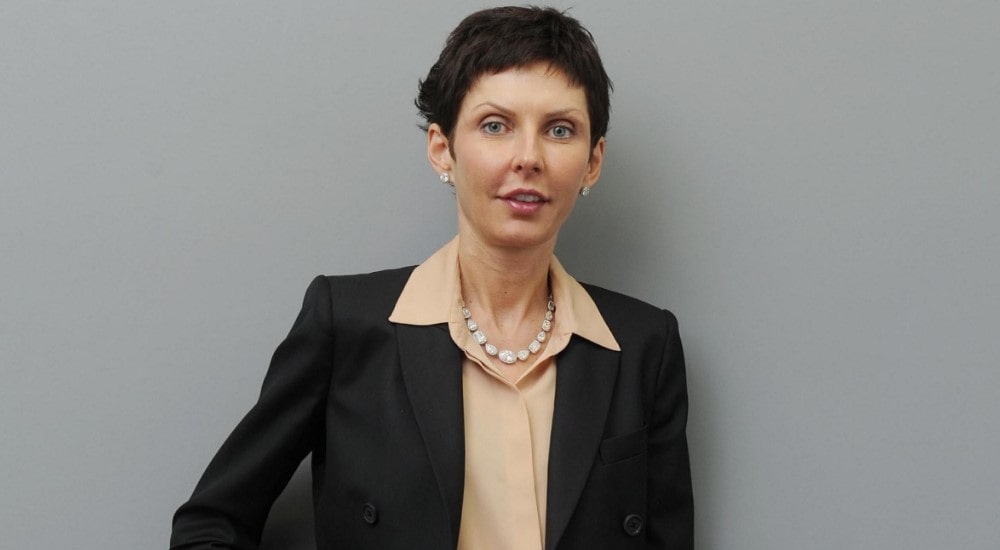
Denise Coates is one of the most powerful British entrepreneurs, yet she keeps a low profile. While many UK business leaders seek media attention, she quietly built Bet365, an online gambling empire generating billions annually.
Her journey wasn’t easy. In the early 2000s, she saw the potential of online gambling, but investors weren’t convinced. She took a massive risk, mortgaging her family’s chain of betting shops to fund the development of Bet365’s website. That gamble paid off. Today, the company handles over £65 billion in bets every year and dominates the online betting industry.
Securing funding was one challenge, but regulation was another. Online gambling was a controversial business, with legal battles and restrictions constantly shifting. Yet, Coates navigated the landscape with precision, making Bet365 one of the most profitable British businesses in the sector.
With an annual salary exceeding £260 million, she is among the highest-paid entrepreneurs in the UK. While traditional bookmakers struggled to adapt to digital transformation, Coates proved that online business models could not only work but completely redefine an industry.
Philip Green – The Controversial Retail Empire Builder
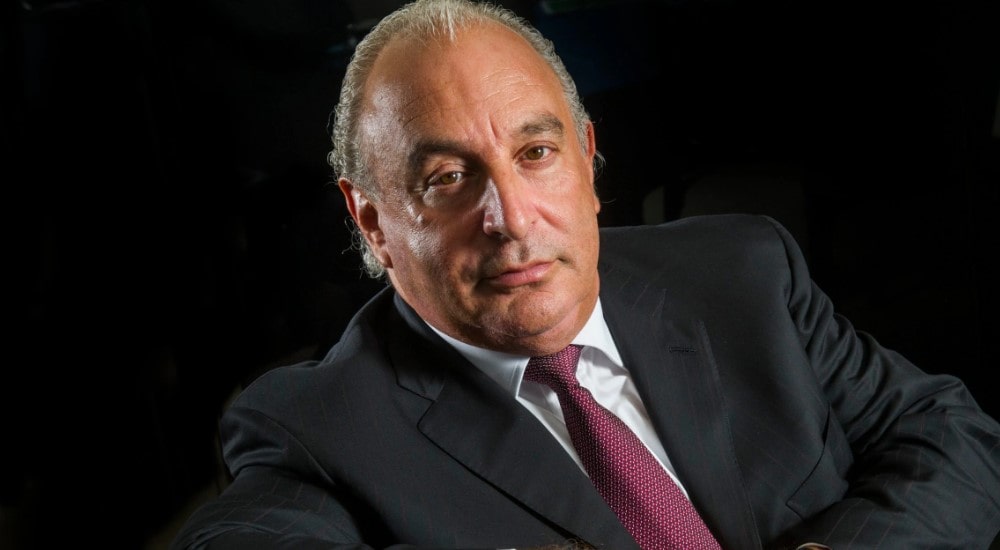
Philip Green is one of the most well-known British entrepreneurs in the retail business. He built a fashion empire by taking over Arcadia Group, which controlled brands like Topshop, Miss Selfridge, and Burton. At its peak, his company had over 2,500 stores across the UK. Green was known for aggressive business strategies—acquiring struggling fashion brands and turning them into money-making machines.
But not everything in business is smooth sailing. His name became linked to scandals, from the BHS pension fund collapse to accusations of mismanagement. In 2015, he sold BHS for £1, only for the company to go bankrupt a year later, leaving a £571 million pension deficit. That move made him one of the most controversial figures in UK business.
Despite the challenges, Green had a sharp investment sense. He mastered the art of cutting costs while keeping brands desirable. Whether you admire his success or criticize his failures, one thing is clear—Philip Green changed the British retail business forever.
Duncan Bannatyne – From Ice Cream Van to Health & Fitness Tycoon
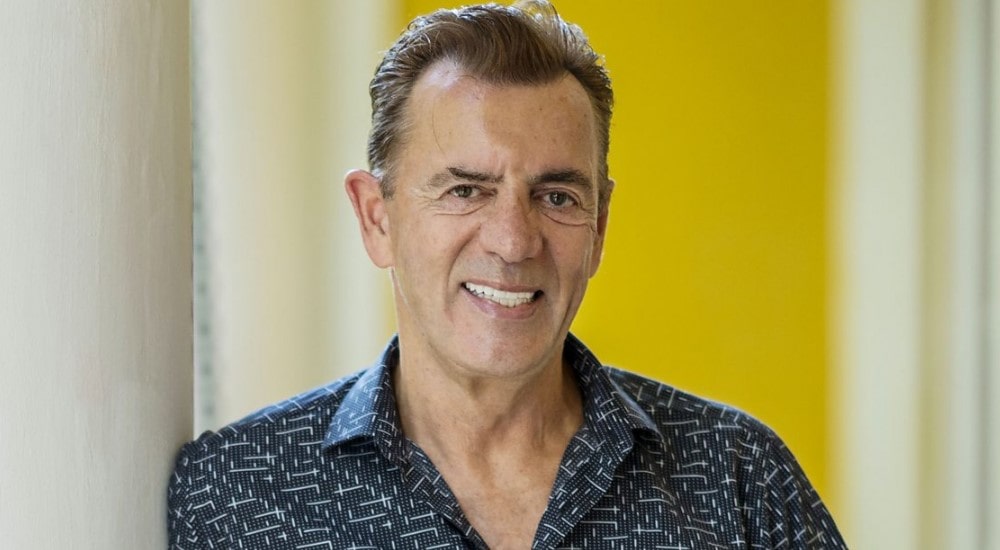
Duncan Bannatyne’s business journey started with an old ice cream van. Yep, that’s how this British entrepreneur made his first money. But he didn’t stop there. With an eye for business, he expanded into nursing homes, hotels, and fitness clubs. Today, his company, Bannatyne Group, operates over 70 health clubs across the UK.
Bannatyne wasn’t just about business—he became a household name thanks to his role as an investor on Dragon’s Den, where he backed young entrepreneurs with bold ideas. His straightforward, no-nonsense approach made him one of the most respected business figures in the UK.
Beyond making money, he’s big on philanthropy. He donated millions to charities and supported projects tackling homelessness and children’s healthcare. It’s rare to see an entrepreneur who goes from selling ice cream to owning a health empire and giving back to society. Bannatyne proves that starting small in business doesn’t mean thinking small.
Martha Lane Fox – Digital Innovation Pioneer
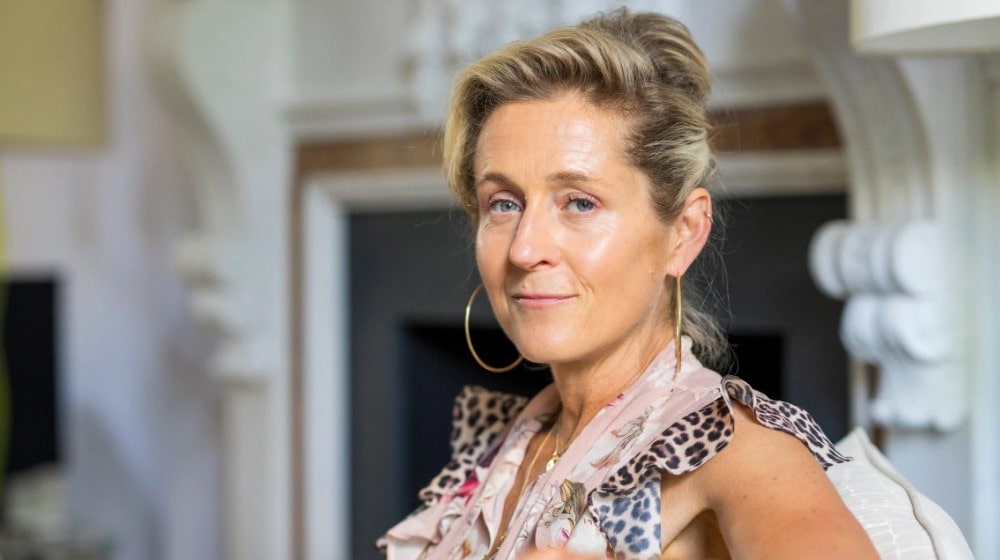
Back in the late ‘90s, when people were still unsure about booking trips online, Martha Lane Fox saw an opportunity. She co-founded Lastminute.com, a game-changing website that let people book hotels, flights, and vacations at the very last minute. It was one of the biggest British online business success stories, proving that digital entrepreneurship had massive potential in the UK. In 2005, the company was sold for £577 million, making her one of the most influential British entrepreneurs in the digital space.
But she didn’t stop there. Lane Fox became a major advocate for digital inclusion, pushing for better access to technology for all UK citizens. She even advised the British government on digital transformation and founded Doteveryone, a nonprofit focused on responsible technology.
She also became a board member of big businesses, including Twitter UK and Marks & Spencer, proving that digital entrepreneurs don’t just shape the internet—they influence entire industries.
Edwina Dunn & Clive Humby – Transforming Retail with Data
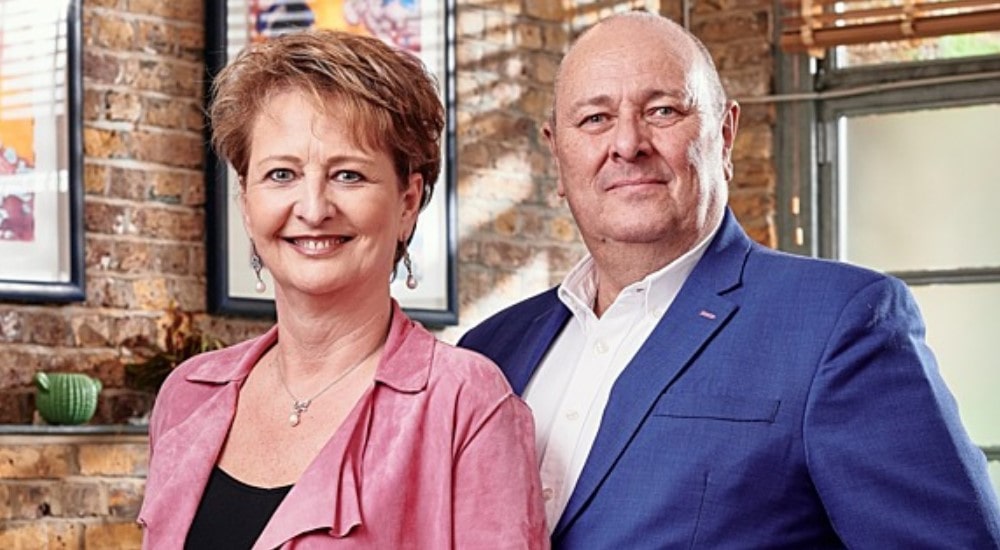
Ever used a Tesco Clubcard? You can thank Edwina Dunn and Clive Humby for that. This entrepreneurial duo revolutionized UK retail business by showing supermarkets how to use data to understand customer behavior. Before them, businesses relied on guesswork, but Tesco’s Clubcard changed everything.
In the mid-90s, Dunn and Humby introduced loyalty programs that collected purchase data to personalize shopping experiences. This helped Tesco grow into the UK’s leading supermarket, using insights to boost customer engagement. The strategy worked so well that even Amazon, Sainsbury’s, and other British businesses adopted similar models.
Their data analytics business, Dunnhumby, expanded beyond retail. It helped brands worldwide, from Coca-Cola to Procter & Gamble, refine their marketing strategies using customer insights. The lesson? Smart entrepreneurs don’t just follow trends—they create them, and Dunn and Humby redefined what it means to run a data-driven business.
Lessons from British Entrepreneurs
Embracing Failure and Learning from Setbacks
If there’s one thing every successful British entrepreneur understands, it’s that failure is part of the business game. Many of the UK’s biggest business names didn’t start with instant success. Alan Sugar? He was selling electronics out of a van before building Amstrad into a tech empire. James Dyson? He built 5,126 prototypes before finally launching a working vacuum cleaner. That’s a lot of failure.
What makes these British entrepreneurs different? Resilience. They don’t just take losses—they use them to adjust, adapt, and improve. Business is full of setbacks—bad investments, market crashes, tough competition—but the ones who keep going are the ones who make it. Every failed product, every rejected pitch, every lost deal is just a lesson leading to the next breakthrough.
Innovation and Market Disruption
British entrepreneurs are not afraid to shake things up. Just look at Martha Lane Fox—she saw the rise of the internet and turned Lastminute.com into one of the UK’s first major online businesses. Clive Humby and Edwina Dunn transformed UK retail by introducing Tesco’s Clubcard, proving that data-driven marketing could redefine shopping habits.
What’s the secret? Technology and problem-solving. Every game-changing business in the UK—whether it’s Dyson, Bet365, or Virgin—came from an entrepreneur who spotted a gap in the market and built something new. The best ideas don’t come from following trends; they come from creating them.
The Power of Brand and Marketing
A great business idea is nothing without strong branding. British entrepreneurs know how to make customers trust and remember them. Richard Branson turned Virgin into a bold, rebellious brand that stands out in airlines, music, and even space travel. Victoria Beckham moved from pop star to serious fashion mogul by carefully crafting her brand image.
What’s the takeaway? People buy from brands they connect with. A strong story, message, and identity make any business more than just a product—it makes it an experience.
Conclusion
Success in business isn’t about being lucky. It’s about pushing forward when things go wrong, thinking ahead, and always adapting. British entrepreneurs have shown that perseverance, vision, and creativity can turn even the smallest idea into a game-changing business. James Dyson didn’t quit after 5,126 failed prototypes. Denise Coates built Bet365 from scratch when banks refused to fund her. Richard Branson expanded Virgin into airlines, music, and even space.
So, what’s the lesson here? Keep going. Keep learning. Keep building. Whether you’re launching a startup, running a small business, or dreaming of something bigger, success comes to those who refuse to stop.
